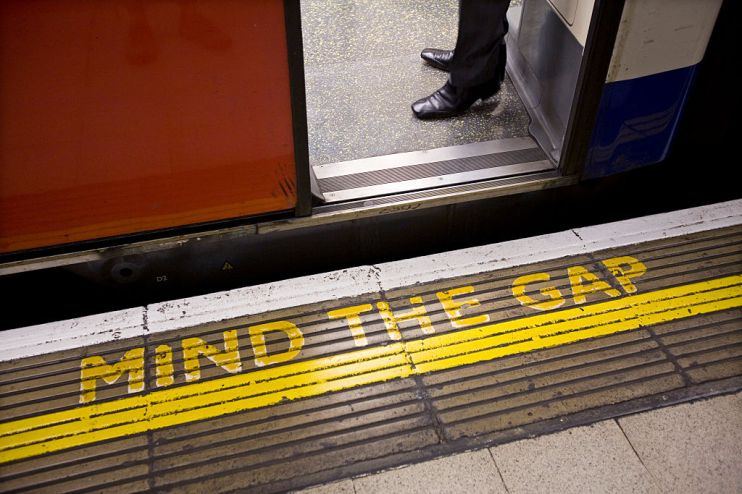London’s recovery can’t be jeopardised by a lack of funding for TfL

Amid the many heartening sights of London’s post-Covid-19 recovery, it’s ironic that one of the most warming was the sight of 600 lucky souls leaving the capital yesterday morning. Two flights, BA-001 and VS3, took off from Heathrow to JFK at 8:51am, on the day the US reopened its borders. As the airlines put it, the Brits are Back. Not before time.
Let’s hope in its own small way it marks London’s own re-emergence from lockdown and return to the top table of global cities. To do that we need more support from the government that sits at the heart of our city – but sometimes feels totally detached from it.
In just over a month’s time, we will find out how serious central government really is about ensuring that ‘levelling up’ doesn’t mean dragging London down. Transport for London has always had a ropey funding set-up; more dependent on fare revenue than just about any other major metropolitan transport system. In good times – such as 2015, when then-Mayor Boris Johnson gave up the £1bn grant from Whitehall – that’s good news for taxpayers. In bad times, such as the middle of a series of pandemic-induced lockdowns, it’s very bad news for everybody.
Transport for London has asked the Department for Transport – and therefore the Treasury – for funds to get it through the next 18 months of the recovery, along with pointing to a host of cost-cutting measures it has undertaken since the beginning of the pandemic. Rather than the three temporary bailouts it has received so far, it is now time for a medium- to long-term funding settlement that gives TfL the chance to plan ahead and respond to the changing post-pandemic city – and serve the visitors who are finally starting to come back, as well as the businsses that stuck around. A failure to do so would be a betrayal of the city that continues to power the economy – no matter how much some in Whitehall wish that were not the case.
